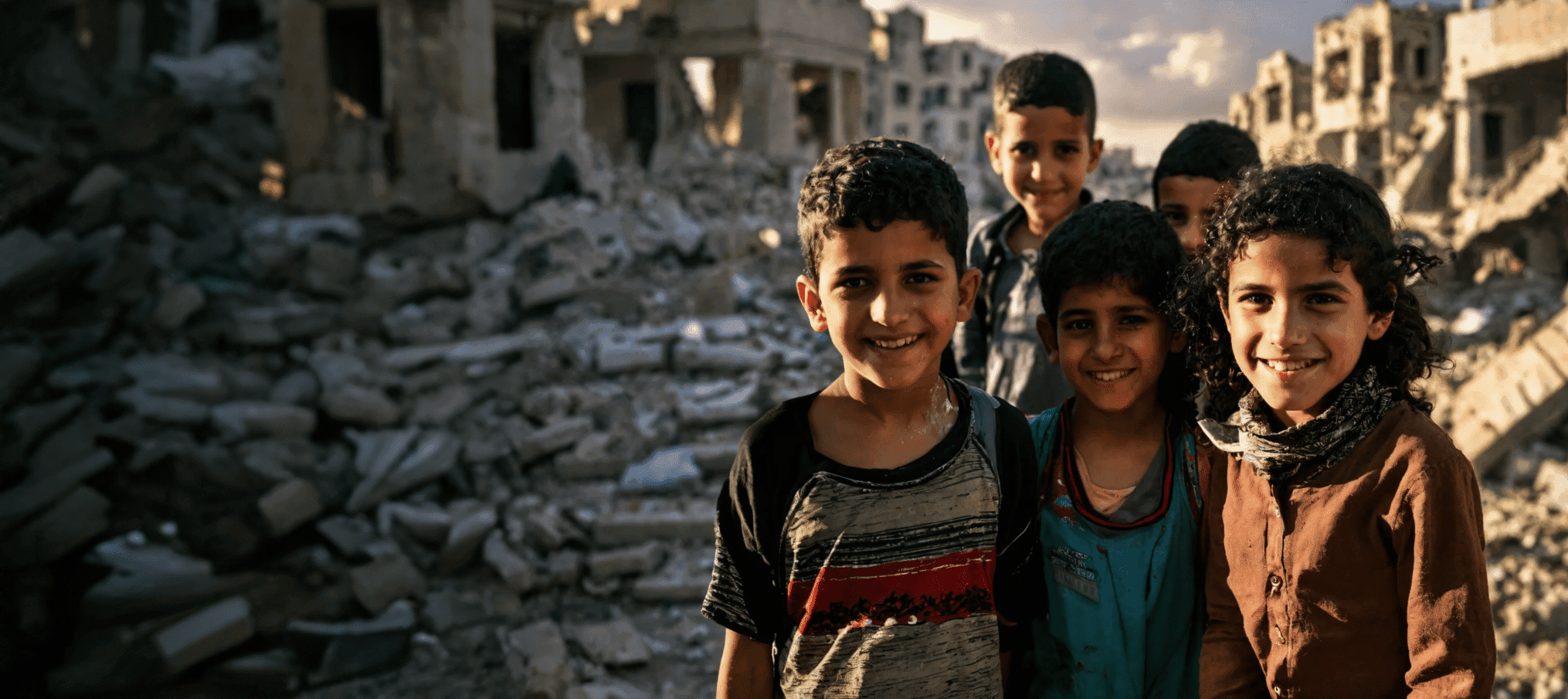«The biggest problem concerns all those children who no longer go to school. And they are more than we imagine ». We are in Beirut, the capital of the country of cedars, where the director of Pro Terra Sancta, Tommaso Saltini, recently went to coordinate the various active projects in support of the population.
The streets are empty, the destruction is still clearly visible in a city gutted by the explosion of 4 August last. The crisis is getting deeper, and the health picture is not encouraging. Lebanon has entered a new lockdown, after the latest data marked over three thousand infections in a single day.
President Michel Aoun also recently recalled the dramatic scenes of those who, in front of hospitals, were desperately looking for a bed to be treated. The country has touched 220,000 infections since the beginning of the pandemic: there are no places in hospital, no respirators. No one was prepared, after these years of great political and social difficulties, to also face the coronavirus. The government has imposed a curfew and a total stop of activities (except for the airport), but the nation is on the verge of collapse.
After the explosion last August, the economic crisis has worsened: jobs are starting to fail, savings and hopes for the future are running out. «The social fabric is highly at risk, a new phenomenon for Lebanon - continues Saltini - and without a political balance it is difficult to foresee a return to normality. A large part of the population is no longer able to get food or medicine and the Lebanese lira loses value with each passing day ».
The lines of people in front of the emergency center that Pro Terra Sancta set up in the days following the explosion are getting longer and longer. Entire families trying to survive thanks to the help offered in the courtyard of the Franciscan convent of Gemmayzeh. In these small spaces stories of suffering and hunger intertwine, touched by an extraordinary solidarity.
To date, thanks to the generous help of recent months, the center supports 500 families with the distribution of food packages and medical protective devices. To these will be added another 400 in the coming months. In addition, renovations continue on the Franciscan convent, severely affected by the explosion, and on twenty damaged houses, some of which must in fact be rebuilt.
A medical dispensary will soon be active, which has already received a huge number of requests for medicines, difficult to find by those who lost everything in the explosion. This is just the first step.
"This year we want to do more to support the Lebanese population - continues Saltini -. In addition to providing basic necessities, essential in this moment of emergency, the priority remains education. We are aware of the serious educational emergency that Lebanon is facing - he concludes - and we are ready to invest so that children go back to school. It is the first point to restart the country, to look at a recovery in the long term. It will be tiring, but it is essential ».


















